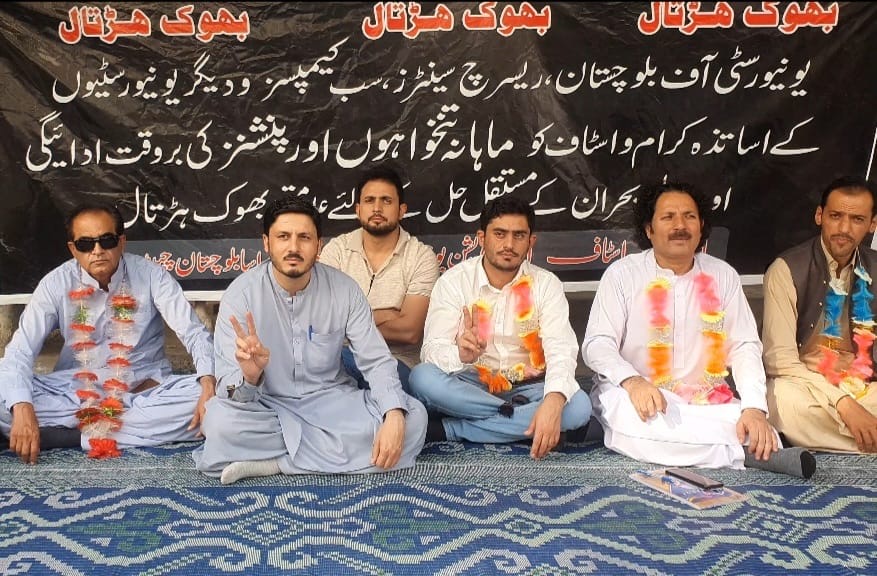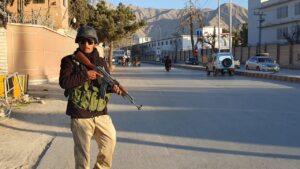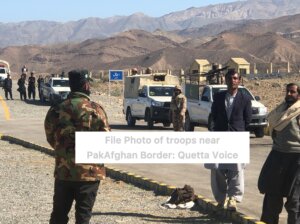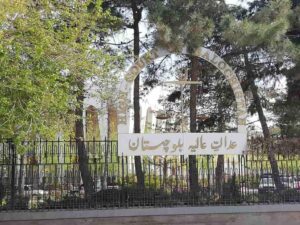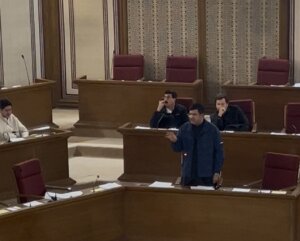Syed Ali Shah:
QUETTA: The ongoing hunger strike by professors and lecturers from the University of Balochistan and BUITEMS outside the Quetta Press Club is a sobering reflection of the government’s misplaced priorities. As these dedicated educators protest unpaid salaries and rampant corruption within their institutions, the Balochistan government has inexplicably allocated Rs. 5 billion for the construction of a new provincial assembly. This stark contrast raises fundamental questions about the government’s commitment to education and the welfare of its citizens.
Education is the backbone of any society, and the deteriorating conditions in Balochistan’s universities signal a growing crisis. Faculty members, led by esteemed professors such as Kaleemullah Bareech, Fareed Achakzai, and Hasrat Hussain Shah, are fighting not just for their livelihoods but for the future of education in the province. Months without salaries have left these educators struggling to support their families, while institutional corruption further cripples the academic environment. Yet, the government’s response has been indifferent at best, neglecting the very people responsible for shaping the next generation of leaders.
Professor Barech’s poignant statement, “We have not received our salaries for months. How are we supposed to sustain our families and continue our work under such conditions?” echoes the frustrations of many across the province. Meanwhile, Professor Achakzai’s allegations of corruption within the universities, where funds intended for academic development are being siphoned off, only add to the sense of injustice. These are not minor grievances; they are symptomatic of a failing system that urgently needs reform.
Yet, instead of addressing these pressing concerns, the government has chosen to funnel an astonishing Rs. 5 billion into constructing a new assembly building. While the need for infrastructure in governance is understandable, it pales in comparison to the immediate and critical needs of the education sector. What message does it send to the people of Balochistan when their educators must resort to hunger strikes to receive what is rightfully theirs, while such vast sums are spent on a building that, in all likelihood, will benefit only a few?
Professor Hasrat’s concerns about the impact on students should be a wake-up call for the authorities. The students of Balochistan are the ones who will ultimately pay the price for the government’s neglect. With teachers protesting on the streets and administrative failures plaguing the universities, how can we expect students to receive a quality education? The long-term damage to Balochistan’s higher education system will be profound if these issues are not addressed swiftly.
The government must rethink its priorities. Rather than pouring billions into grand construction projects, it should focus on resolving the immediate crises facing the education sector. This means paying the salaries owed to the professors and lecturers, launching investigations into the corruption allegations, and ensuring that funds meant for academic development are used for their intended purposes.
If the government continues down this path, it risks not only alienating the academic community but also undermining the future of the province itself. The education of Balochistan’s youth should never be compromised for the sake of political monuments. It is time for the government to act decisively, meet the demands of the protesting faculty members, and invest in the future of education in Balochistan. Anything less is a betrayal of the province’s students and educators.
